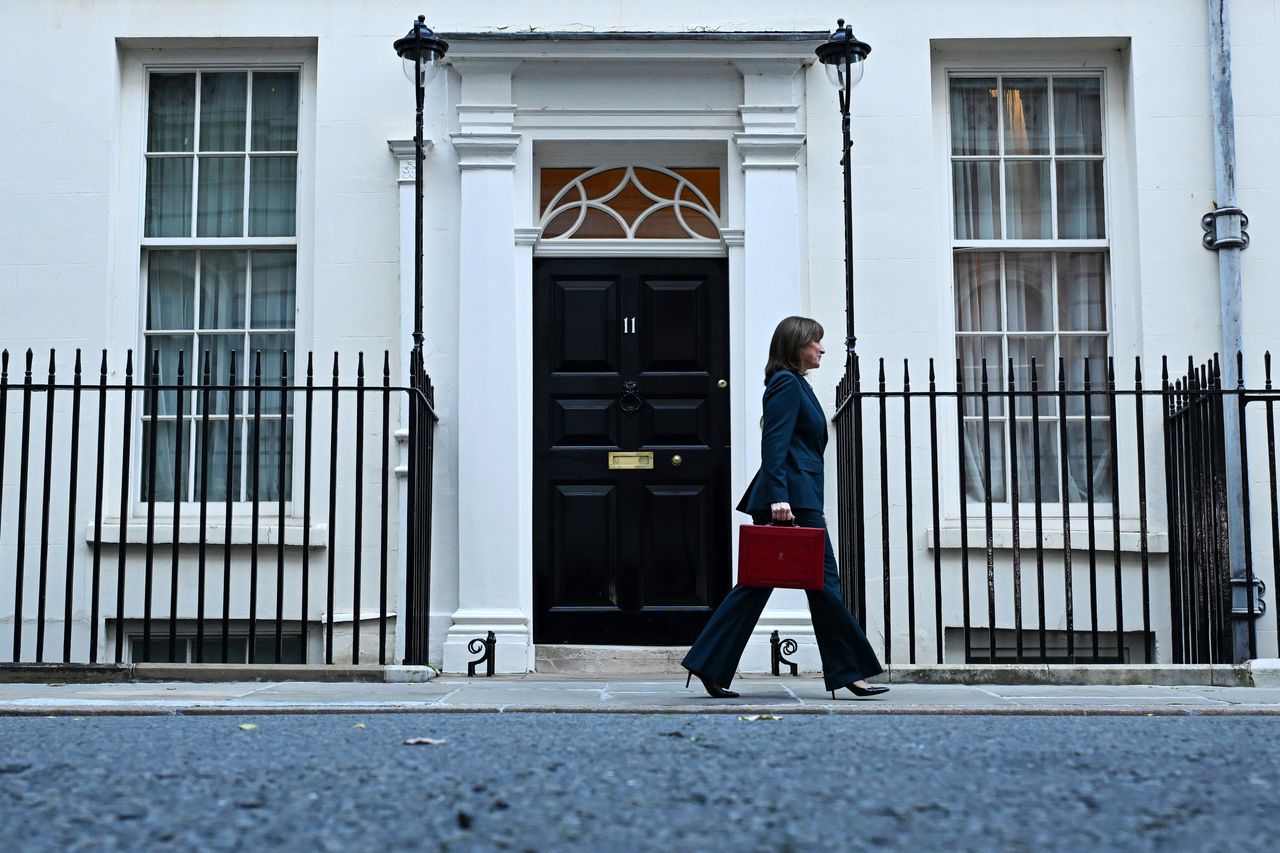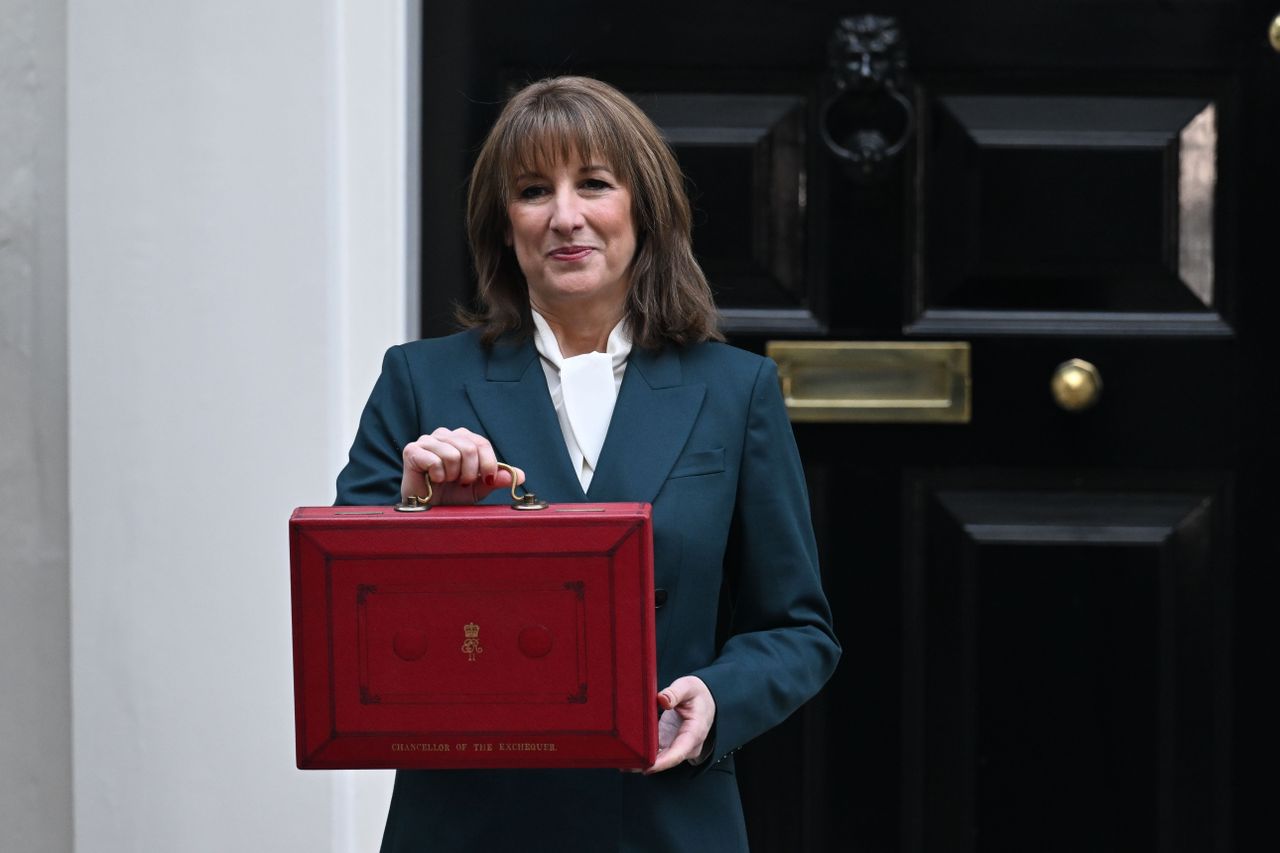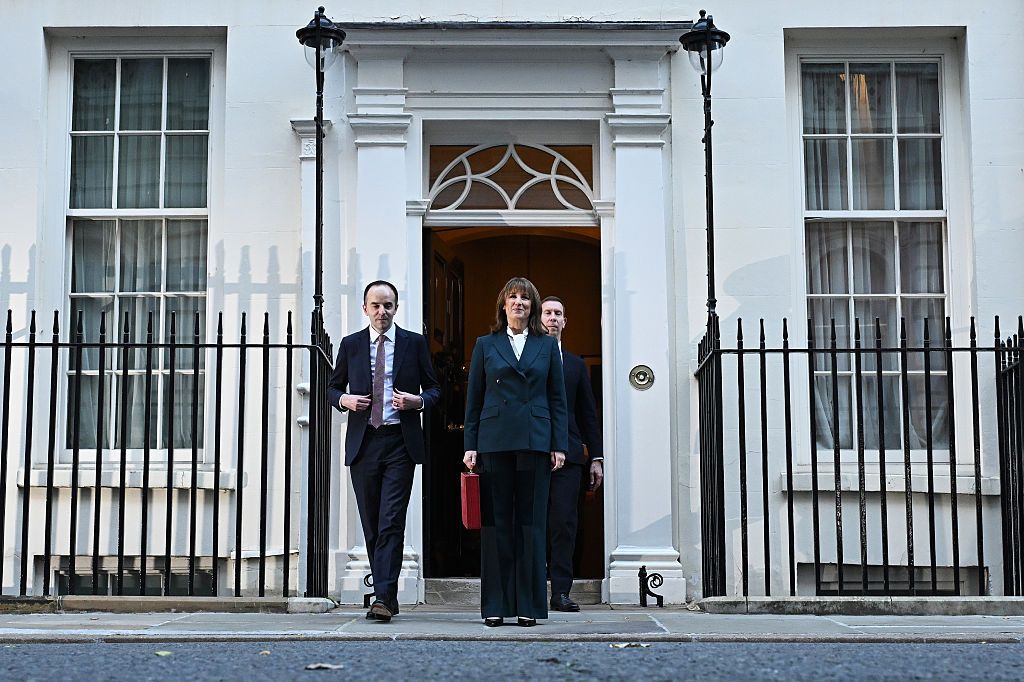Electric vehicle drivers to be charged new per mile tax from 2028
NegativeFinancial Markets

- Electric vehicle drivers in the UK will be subject to a new pay-per-mile tax starting in April 2028, with charges set at 3p per mile for electric cars and 1.5p per mile for plug-in hybrids. This initiative aims to align taxation for electric vehicles more closely with that of petrol and diesel vehicles.
- The introduction of this tax is significant as it may impact the adoption rates of electric vehicles, potentially discouraging drivers from making the switch to greener alternatives due to increased costs associated with usage.
- This development reflects ongoing governmental efforts to phase out petrol and diesel vehicles while raising concerns among electric vehicle advocates about the potential hindrance to the transition towards sustainable transportation, highlighting a broader debate on how to balance environmental goals with economic implications for consumers.
— via World Pulse Now AI Editorial System





